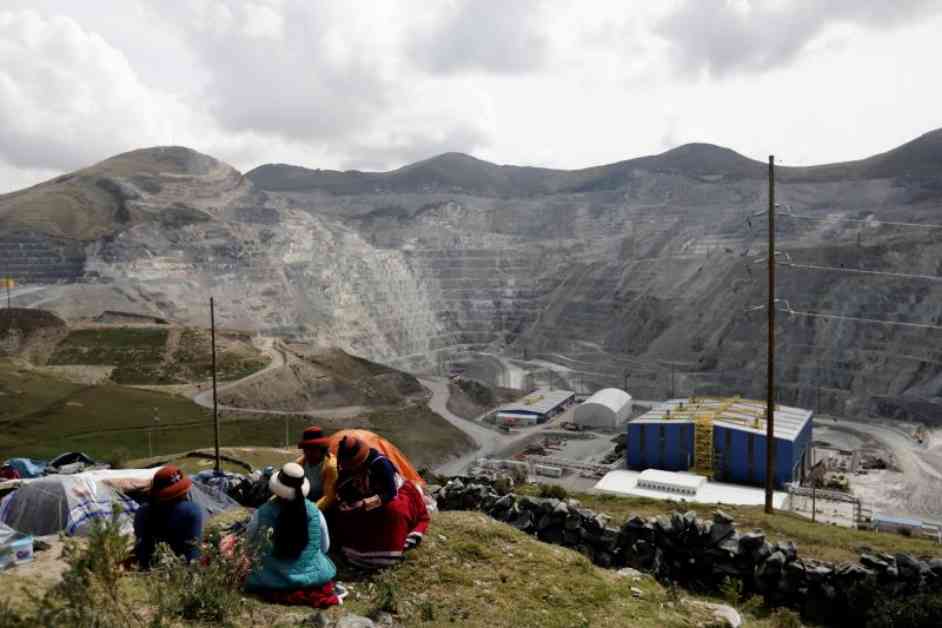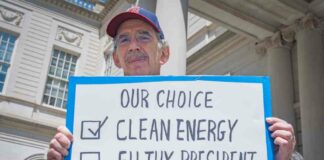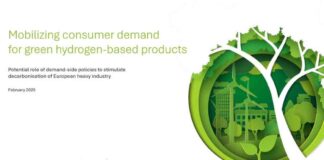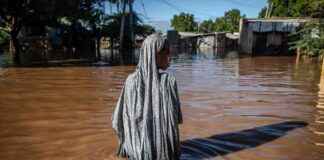So, like, the world is all about this energy transition thing, right? And apparently, to make electric vehicles, wind turbines, and solar panels, we need a ton of copper. And get this, the global demand for copper is expected to shoot up more than 40% by 2040. Crazy, right?
According to the latest Global Trade Update from UN Trade and Development (UNCTAD), we’re gonna need 80 new copper mines and a whopping $250 billion in investment by 2030 to keep up with the demand. Otherwise, we might face a shortage that could mess up the whole clean energy and digital infrastructure vibe we’ve got going on. Not cool, man.
The report from UNCTAD calls copper the “new strategic raw material” for the green and digital economy. They’re basically saying that copper is no longer just a regular old commodity – it’s a big deal now. And we gotta figure out how to handle all this pressure on global trade systems, you know?
Luz María de la Mora, the director of UNCTAD’s Division on International Trade and Commodities, said something like, “Copper is not just a thing you find lying around anymore – it’s super important.” She also mentioned the need to invest in local value addition, ramp up recycling, and remove trade barriers to make sure everyone gets a fair shot.
But here’s the thing – a new study is warning that ramping up copper production could come at a cost. The Business and Human Rights Resource Centre (BHRRC) released a Transition Minerals Tracker that pointed out 513 cases of human rights abuses linked to copper mining between 2010 and 2024. That’s like 60% of all the cases related to mining of transition minerals. Yikes.
These transition minerals, like copper, cobalt, and lithium, are in high demand for making all those cool clean energy gadgets. But Caroline Avan from BHRRC is saying we can’t just go crazy mining these minerals without thinking about the human rights and environmental impact. She’s all about a fair and just transition, not a free-for-all that hurts people and the planet.
Apparently, most of the copper reserves are concentrated in just a few countries – Chile, Peru, DRC, Australia, and Russia. And surprise, surprise, the highest number of human rights abuse cases related to copper mining happened in three of those countries. Peru, Chile, and DRC were the hotspots for drama in the mining world.
In 2024 alone, over half of the abuse allegations linked to minerals projects were about copper. Sounds like there’s a lot of drama going on in the copper mining scene, with conflicts, legal battles, and all that juicy stuff. Not really sure why this matters, but it’s definitely something to keep an eye on.
There’s also this whole thing happening in Zambia, where copper mining companies are being accused of polluting the environment and causing a major disaster. The spill in February messed up the river, killed a bunch of fish, and basically wrecked the livelihoods of people in the area. Not cool at all.
And let’s not forget about the Indigenous peoples who often bear the brunt of these mining activities. The Transition Minerals Tracker found that a lot of the abuses affect local communities and Indigenous Peoples, violating their rights left and right. Edson Krenak, a Brazil cultural survival lead, is all about respecting rights and not rushing into mining without thinking about the consequences. Wise words, my friend.
In the grand scheme of things, only a handful of companies are behind most of these abuse allegations. The top five companies listed in 2024 are apparently causing the most trouble. And get this, not even half of all the mines with allegations have a proper human rights policy in place. Seems like some companies need to step up their game, you know?
At the end of the day, unchecked mining is causing a lot of trouble for marginalized groups and the environment. We can’t just keep extracting minerals without thinking about the impact on people and the planet. We gotta be more responsible, more caring, and more aware of the consequences of our actions. Or else, we’re just digging ourselves into a deeper hole.














